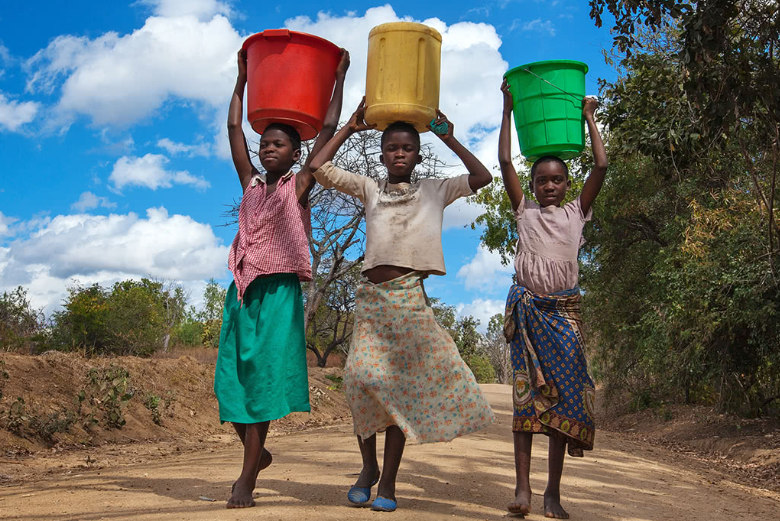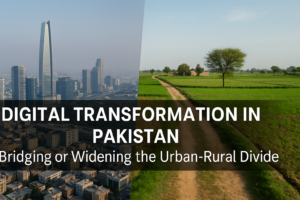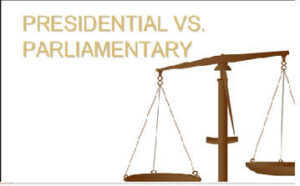Improvements in health, education, and trade are essential for the development of poorer nations. However, the government of the richer countries should take more responsibility for helping the poorer nations in such areas. To what extent do you agree or disagree with the statement?
There are about 195 countries in the world in total. Some of them enjoy rich status with improved quality of life, better healthcare, education, advanced technological infrastructure, and diverse industrial and service sectors. On the other side of the coin, poorer countries can’t guarantee these provisions to their people because of a lack of funds and resources. Also, bad governance and mismanagement of available resources propel these countries to the receiving end of the atrocities.
There are no two opinions on the fact that improvements in health, education, and trade are essential for the development of poorer nations to make these countries politically, economically as well as socially more consummate and skilled. This can be done by the contribution of the richer countries in all the abovementioned sectors of life. Rich countries can send health missions to these nations to educate the local population about healthcare. Moreover, they can give them funds facilities along with assurances about the proper dispensation of these funds in improving the quality of life.
The condition of poorer nations is not unknown to anyone. Their governments don’t offer them good public services like health, education, and trade. Due to this, their people have a low life expectancy, lesser trade opportunities, and no health insurance facility. A devastated system of education adds more insult to injury and left these nations unaware of their rights and duties.
The situation in Niger’s education system is disappointing. Early, marriages, child labor, and poverty made the situation of education even worst. Likewise, schools in Burkina Faso lack essential resources such as textbooks, desks, chairs, and books. Mali too stands across the world’s poorest nations with poverty, malnutrition, and inadequate hygiene and sanitation. Wars and social conflicts have also damaged the health, education, and trade infrastructure in many countries of the world. Yemen, Iraq, Afghanistan, Libya, and Vietnam are some recent examples.
Unquestionably, the poverty of these nations can’t be done away with altogether but by the contributions of rich nations it can be discouraged greatly. Rich nations can support poor countries in many aspects. They can help with infrastructure development so that trade and transport can be facilitated. Further, rich countries can help poor ones in education and health by improving their primary healthcare, immunization programs, and maternal and child health services.
Also, the educational and healthcare infrastructure can be developed in poor countries with the assistance of wealthy nations. Direct involvement of governments of rich countries and their collaboration with the governments in poor countries can help with educational, healthcare, and trade uplift.
In short, developing poor countries is a complex and multi-faceted challenge that requires a combination of strategies and efforts from various stakeholders, including governments, international organizations, non-profit organizations, and the private sector.
📍 English Language Educator | Blogger & Content Strategist | 7+ Years in Educational Blogging
Nosheen Bashir is a dedicated English teacher and experienced blogger with over seven years of expertise in content creation and educational writing. Passionate about language, literature, and effective communication, she combines her teaching experience with blogging skills to create insightful, research-backed content that helps learners and educators alike.
🔹 Expertise & Achievements:
✔ English Language Education: A skilled educator with years of experience in teaching English grammar, literature, and communication skills to students of varying levels.
✔ Educational Blogging: Running a successful blog for 7+ years, delivering well-structured, engaging content on language learning, writing techniques, and academic success.
✔ SEO & Content Strategy: Specializes in creating high-ranking, authoritative articles that follow Google’s EEAT principles, ensuring content that is both informative and search-friendly.
✔ Student-Centric Approach: Committed to making English easier, engaging, and accessible, helping readers and students improve their language proficiency.
🚀 With a passion for teaching and writing, Nosheen Bashir is dedicated to crafting educational content that empowers students, teachers, and language enthusiasts worldwide.










